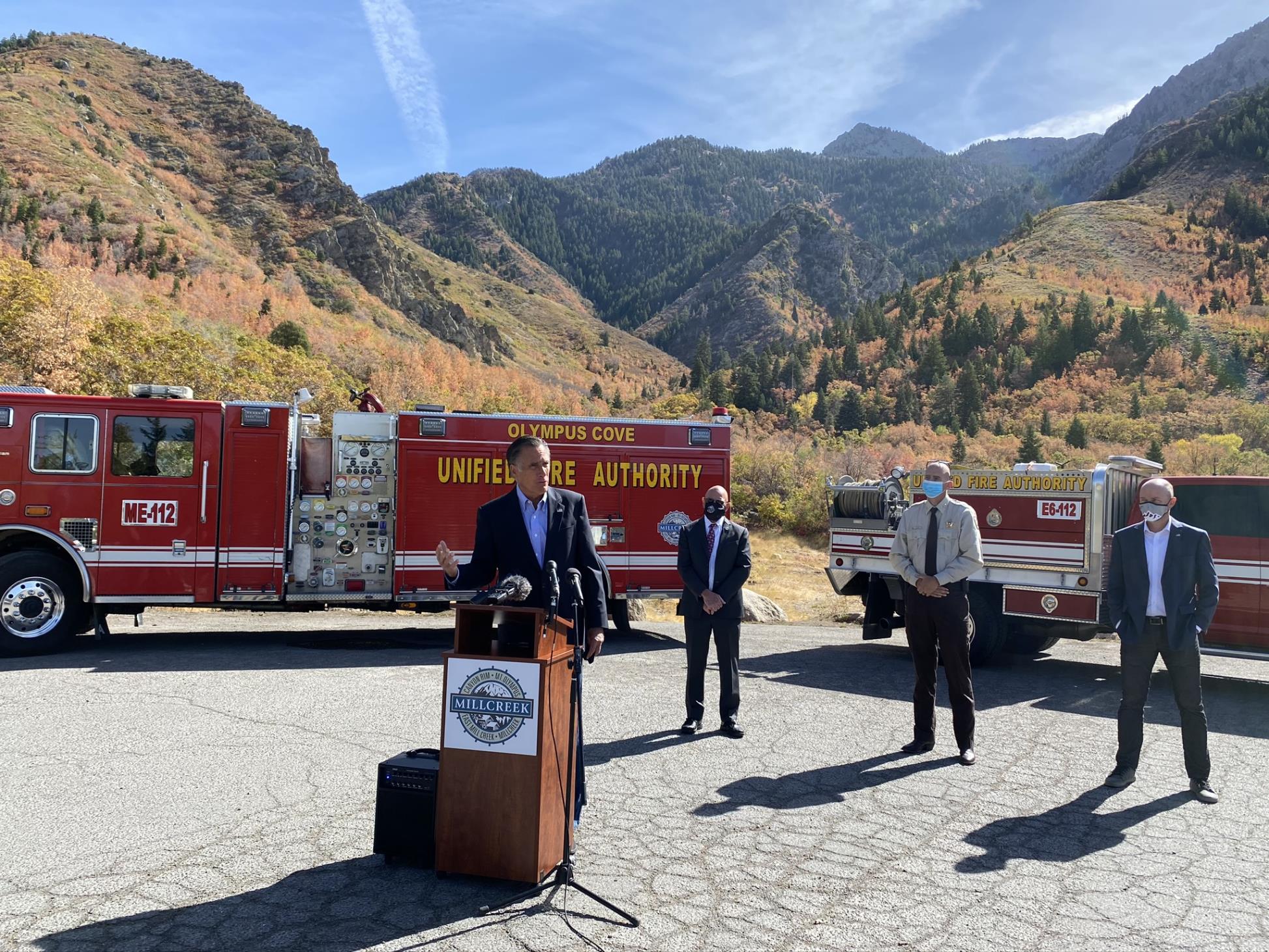|


In response to the COVID-19 pandemic, Congress passed major legislation to provide critical relief for Americans struggling with the impact of the virus. The CARES Act, which passed in March, created the Paycheck Protection Program (PPP) to help small businesses keep workers on the job, expanded unemployment insurance to laid off workers, provided direct payments to workers and families, expanded business lending programs, and allocated funding for hospitals, health providers, and necessary medical supplies. The bill also included a proposal I helped introduce to strengthen the U.S. medical device and drug supply chain and prevent future shortages of medical equipment and supplies.
Following passage of the CARES Act, both parties agreed that additional federal action was needed to mitigate the hardships many Americans were experiencing, but we differed on what and how much that additional assistance should be. In the midst of this months-long stalemate, I joined several colleagues—both Republicans and Democrats—in crafting a compromise emergency relief package, which ultimately became law a few days ago. I’m pleased that the final bill included several priorities that I fought for, including limiting new spending by repurposing unused money from the first CARES Act, re-starting the Paycheck Protection Program, extending help for the unemployed and funding for testing, tracing, and vaccine distribution programs. This relief bill provides a critical lifeline to those most in need.


The COVID-19 pandemic has hit the Navajo Nation especially hard, with some of the highest COVID-19 infection rates in the country. The ongoing lack of access to clean water has compounded this dire situation. Congress has finally passed a measure I sponsored to secure access to water and wastewater facilities for Utah Navajos—bringing an end to decades of uncertainty.
With yet another challenging wildfire season this year, I worked to advance proposals aimed at expediting disaster cleanup and protecting wildfire prevention funding. I’m also working on new legislation that will require a national review of federal wildland fire policy and make recommendations to Congress, in consultation with state and local stakeholders.
Pushing for greater local input on public land management continues to be a top priority. Utah continued to benefit from last year’s landmark public lands law, with the federal government fulfilling several water title transfers and land conveyances that will help restore local control of our natural resources. Working with fellow members of the Utah delegation, I’m pushing for the completion of the Bonneville Shoreline Trail, a popular recreational area whose full use has been hampered by federal wilderness designations. Our solution would adjust boundaries to ensure a complete and fully accessible trail. I’ve also sponsored legislation to formally assess saline lake ecosystems, including the Great Salt Lake, and support the State of Utah’s work to understand and manage this iconic and cherished resource.
This year also saw the opening of three additional offices in St. George, Ogden, and Spanish Fork, which will help my team better assist local residents with federal matters.


Addressing the threat that China poses to our fundamental values of freedom, human rights, and free enterprise is the central challenge facing us in the 21st century. COVID-19 and China’s mishandling of the virus have brought this challenge into far greater focus for America and our partners in the free world. This year in the Senate, I worked with colleagues on measures to strengthen our capacity to counter and compete with China’s growing influence. These measures will provide us with better knowledge of Chinese military investments and their efforts to control critical global mineral supplies, and better position the U.S. to confront China’s harmful economic practices. The Senate also unanimously passed my legislation to require the U.S. to partner with allies in the Indo-Pacific region, Europe, and elsewhere to develop a unified strategy to address the rise of China.
As we face complex threats around the world, the U.S. must continue to promote peace through strength—including through our military presence in strategic locations around the globe. I fought to include a provision in the final defense bill that will support the continued presence of U.S. forces in Germany and prevent a misguided withdrawal that would embolden our adversaries. Our military readiness also has implications closer to home, with Hill Air Force Base playing a vital role in maintaining our national security. The final defense bill expedites the re-hiring process for military retirees to fill civilian DoD positions—a longstanding priority for Hill—and includes investments that support Hill’s role in modernizing our nuclear deterrent and maintaining the F-35 aircraft.


Among its many devastating effects, COVID-19 has threatened the already perilous fiscal health of essential programs like Medicare and Social Security. If Congress does not respond quickly, the day of insolvency for these programs will now come years sooner than expected. The TRUST Act is a bipartisan solution I’ve crafted to shore up these programs and get us off the path of fiscal danger. While the fight to pass this bill continues, our effort has gained additional Senate and House support from across the political spectrum. The measure was also included in one of the proposed COVID-19 relief packages during the summer, reflecting a growing recognition that Congress must address this looming crisis. I’ll be working to jumpstart this effort in the new year with my colleagues and the incoming Administration.
|